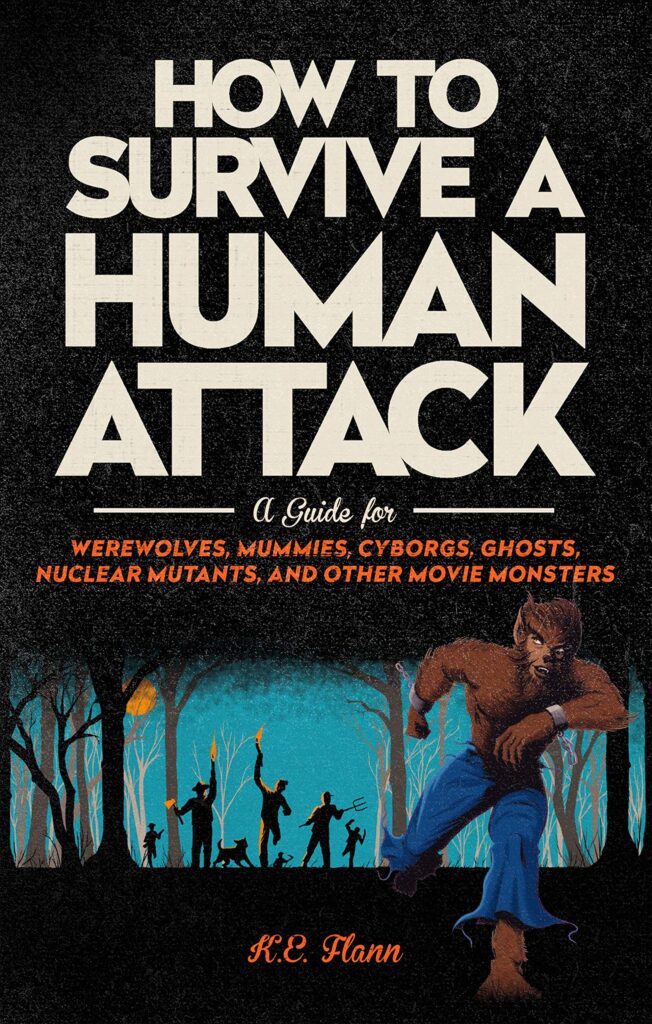Although it was a busy month–despite social distancing and lockdown–I managed to get a fair amount of reading done in June, a mix of fiction and non-fiction. No poetry this month, however. I need to fix that for next month!

FLOAT: Becoming Unstuck for Writers by A.M. Carley is a helpful book of exercises/tools by a writing coach I know. FLOAT stands for Focus, Listen, Open, Analyze, Tool, and the book includes dozens of short sections that address various problems a writer might be facing. Although I don’t really believe in “writer’s block,” these tools nonetheless seem like good exercises for keeping limber the various muscles required for writing, including motivation, discipline, accountability, etc. I also like the section at the end that includes a lot of quotations from various writers, including this one from Stephen King: “Writing isn’t about making money, getting famous, getting dates, getting laid or making friends. Writing is magic, as much the water of life as any other creative art. The water is free. So drink.”
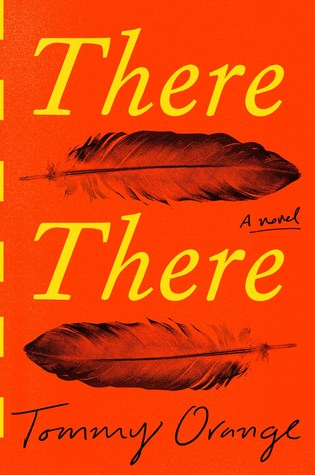
There, There by Tommy Orange is a book that won raves in 2018 when it came out and was a finalist for the Pulitzer Prize. So why didn’t I like it? I’m not sure. Although it is set in a milieu that is completely unfamiliar to me—the urban Indian community of Oakland, California—the characters seemed to share a stereotypical Indian problem with booze that is too familiar. While that may reflect reality, it seemed a little too easy. Again, the violence against women—or everyone really—may be real, but there was a lot of it. (Not as much as A Brief History of Seven Killings from a couple of months ago, but still, a lot.) Without giving too much away, the climax of the story also seemed too easy and there’s nothing complicated about what happens. In addition, the many voices narrating the story made it difficult for me to get into the book, at least until it was clearer how the characters were connected. And then there was the grammatical error on page 100 that annoyed me. (I realize few even would notice it and fewer would care.) On the plus side, the arc of the story has a nice build-up of tension, with everything aiming toward the Big Oakland Powwow, a kind of community fair that is a big deal, and so is a natural focal point for the plot. That aspect I liked.

The Rise and Fall of the Dinosaurs by Steve Brusatte was my bookclub’s selection for this month, nominated by me after I’d seen something about it in Skeptical Inquirer. Except that it’s filled with a lot of names for animals you’ve never heard of, so that it’s a little hard to keep track, it’s fascinating. I was interested in what was going on before the dinosaurs showed up and the fact that there is a fossil record of a lot of animals that were around then and some that were almost, but not quite, actual dinosaurs (there’s a way for paleontologists to make that determination). Also, while I’ve been aware of the Pangea supercontinent for a very long time, I somehow didn’t realize that the dinosaurs existed then and continued to exist after the supercontinent split. Another startling thing is the sheer number of years we’re talking about. The dinosaurs arose 250 million years ago and survived until 66 million years ago, and the author throws around changes that occurred over 10 million or 50 million years as if it were an afternoon. This length of time and the fact that there is a fossil record of it all is almost unfathomable. Near the end of the book, Brusatte talks about the evolution of birds. Now, I’d heard some time ago that birds were descended from dinosaurs, but he makes the point that this makes them living dinosaurs, and I’d never quite thought of it that way. Finally—spoiler alert—the great dinosaur extinction (except for birds) happens 66 million years ago when a huge asteroid crashes into the planet, and this too is something we already knew, but Brusatte provides additional details that I hadn’t previously read. Throughout, the author talks about many other leading paleontologists who have made major discoveries, so it’s not just about him, which is admirable, and the voice/tone is quite conversational. Terrific book.

Deep Creek by Pam Houston is a memoir of Houston’s life on her 120-acre ranch in Colorado. It’s very enjoyable, but I have to say one of the things I enjoyed most is when she’s talking about people I know. There is one long section about her talk with Cheryl Strayed about the death of Houston’s mother (Strayed’s blockbuster book Wild was about her grief over the death of her own mother), and later there is a chapter where Josh Weil comes to ranch-sit and together they rescue (and then unrescue) an orphaned elk calf. Houston writes about her landscape beautifully. There is an especially chilling section when she’s writing about a huge wildfire that is threatening her property. Very suspenseful and moving. Throughout the book she writes about her difficult relationship with her mother but also the abuse she experienced from her father, because, I assume, the trauma of her childhood contributes to who she is now and why her ranch is so important to her. I listened to the audio version of this book, narrated by the author, which adds a dimension that I would have missed if I had only read the printed version.
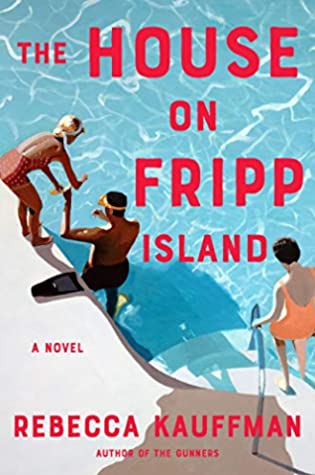
The House on Fripp Island by Rebecca Kaufmann begins with a prologue in which a ghost tells us he or she was murdered, that the death on Fripp Island was not the accident it had been ruled, and that the ghost enjoys wandering around popping into the heads of the living from time to time. We then get to the book proper in which old friends Lisa and Poppy arrive on Fripp Island with their husbands and children for a short vacation in a shared house. At this point we don’t know who the victim is, so there’s a certain amount of suspense trying to guess who it is and who the killer is. The two families are fairly standard—rich family with marital tension and alcoholism, poor family with solid marriage and health problems. Everybody has secrets, which creates some nice tension, but otherwise the plot is pretty standard: one wife worries that her husband is having an affair, the other worries that her husband might be too dependent on pain pills. One girl is obsessed with boys. Another girl appears to be starting a transition to being male. The older boy is . . . well, I don’t want to give everything away. The murder eventually happens, there’s a fast denouement where we jump forward to see what all the survivors are doing twenty years later, and that’s it. My review of the book will be published at Southern Review of Books.

The Heaven of Animals by David James Poissant is a collection of stories that came out in 2014 and has been on my bookshelf since then. Because I was asked to interview the author about his new novel, I decided I should read the story collection first. The first story, “Lizard Man,” sets the tone. Two men—one who is estranged from his gay son and one who has long been estranged from his father—set the older man’s captive alligator free. The title story, concluding the collection, revisits two of the characters from this story much later, and is a powerful if somewhat maudlin tale of a father hoping to salvage his relationship with his son. In between there are a lot of other find stories that were published first in some high-powered magazines, which is where Poissant built his reputation: Glimmer Train, One Story, Southern Review, The Atlantic, Playboy, etc. That is how you get a book deal from Simon & Schuster for a story collection. I’m glad I read the collection because one of the stories is the seed for the novel, which I read next.
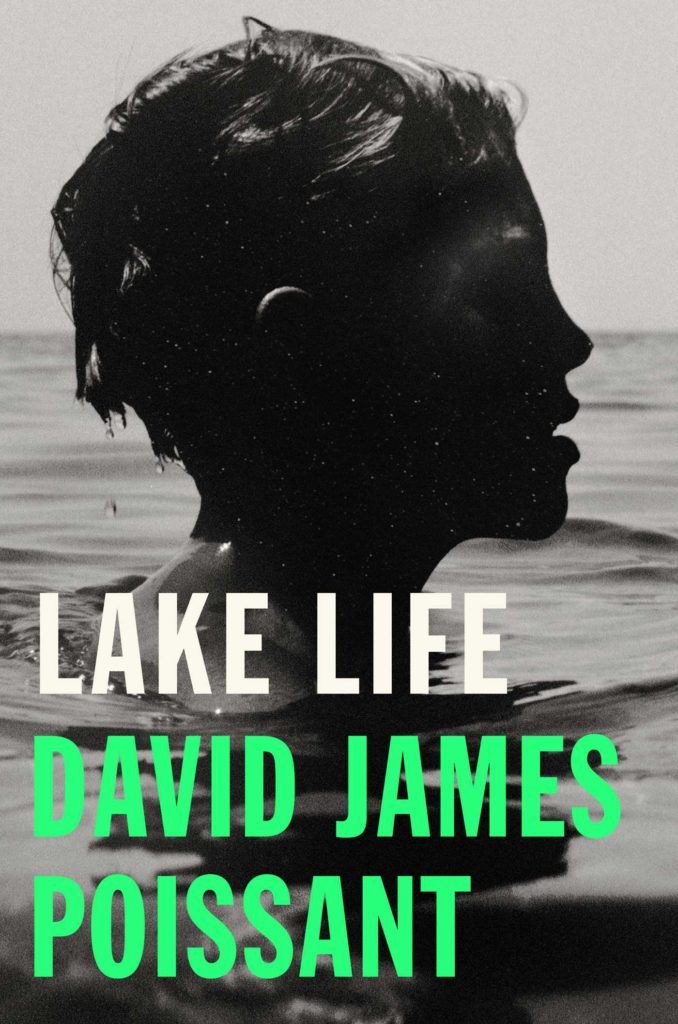
Lake Life by David James Poissant is a novel set on a lake in North Carolina. The family has owned a cottage—a double-wide trailer that has been converted—on a lake for thirty years, but now the owners, academics from Cornell, are selling the house and retiring to Florida. Maybe. It’s not clear who really wants that. Michael, their son, isn’t happy about it, but he’s dealing with his own problems—a wife expecting a baby he isn’t sure he wants given their loveless marriage and a dull job. Their other son, Thad, also has a relationship problem in the form of his boyfriend, Jake, a shallow painter who is having trouble painting of late. When a neighbor boy drowns despite Michael’s attempt to save him, the family seems to start spinning apart. Everyone has a secret, which provides automatic tension that keeps us reading. My interview with the author will be published at Southern Review of Books.
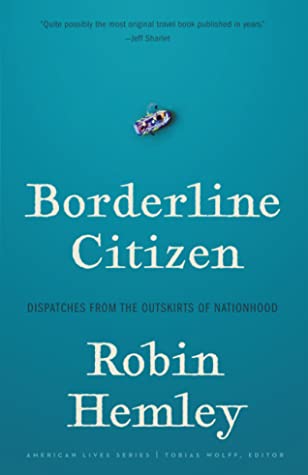
Borderline Citizen by Robin Hemley is a collection of essays about travel or, more specifically, crossing borders. I learned a lot from this book! I knew a little already about the Walled City of Kowloon, but I didn’t know about the enclaves and exclaves on the border of India and Bangladesh. Fascinating. And I’d heard about a similar arrangement in Belgium and The Netherlands, but Hemley’s essay spells it out. Then there are pieces about Cuba, the Falkland Islands, a mega-rich Chinese businessman, Point Roberts Washington (a chunk of Washington state that you have to drive through Canada to get to unless you take a boat), the Russian exclave of Kaliningrad, and more. The essays are part journalism and part travel writing, but the thematic link that holds them together is fascinating. (Having studied with Hemley in my MFA program and also spent a little time with him when he was living in Singapore, I enjoyed reading his work.)

